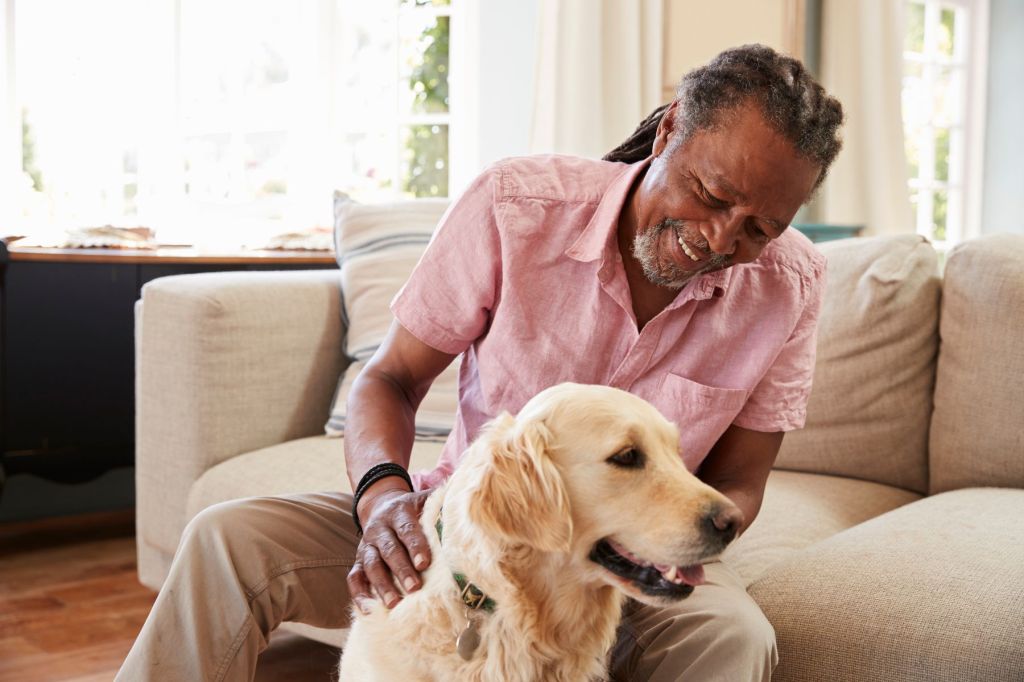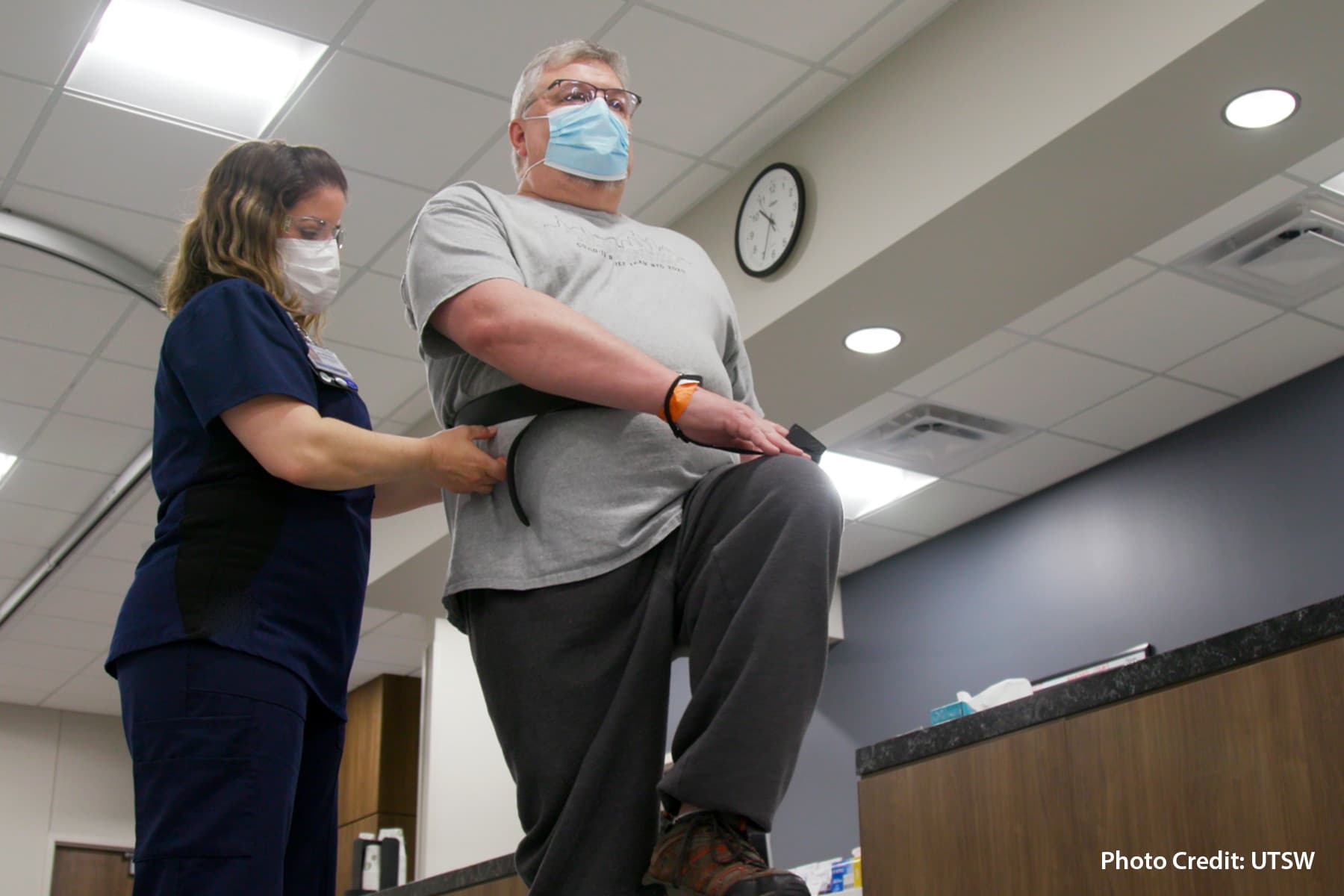[ad_1]
Older adults experiencing a behavioral health issue such as anxiety or depression may be embarrassed and think they simply need to “pull themselves up by their bootstraps,” but helping them seek help can empower them to live their best lives, according to experts.
“Everyone is different, but there are tools for better health, including therapy, medication and self-care,” said Dr. Lindsay Evans-Mitchell, medical director for behavioral health for Cigna Medicare Advantage.
Behavioral health disorders affect one in five adults over 55. Older men have the highest suicide rate of any age group or gender. Among men who are 75 and older, the suicide rate is 40.2 per 100,000 – almost triple the overall rate.
The most common behavioral health disorder in older adults is dementia, and its incidence is growing as the Baby Boomer generation ages. Experts project that more than 9 million Americans 65 years or older will have dementia by 2030. Anxiety disorders and mood disorders are also common among older people.
Dealing with a behavioral health issue? These self-care tips can help:
1. Find a Provider. “Cognitive disorders, such as dementia and mood disorders, often look the same,” Dr. Evans-Mitchell said. “Only a trained professional can make an accurate diagnosis.” For help finding a provider, reach out to your primary care physician or health plan, such as Medicare or Medicare Advantage. Also consider virtual therapy. It’s easy to schedule and offers the convenience of seeing a therapist without leaving home.
2. Nurture Yourself. Good nutrition feeds the body and mind. If you have questions about nutrition for older adults, consult your physician or a registered dietitian. Additionally, drink water throughout the day. “Dehydration can worsen cognitive issues,” Dr. Evans-Mitchell said.
3. Sleep Well. Like all adults, older people need seven to nine hours of sleep nightly. Dr. Evans-Mitchell noted that older people’s tendency to go to bed early, wake up early, and nap throughout the day can disrupt healthy sleep cycles and limit rapid eye movement (REM) sleep, potentially contributing to behavioral health issues.
4. Exercise. Even moderate exercise can improve mental and physical health. The Physical Activity Guidelines for Americans describes benefits such as improvements in brain health, better cognitive function, and reduced risk of anxiety and mood disorders. People who exercise also tend to sleep better. Having trouble getting started? Some Medicare Advantage plans include a fitness benefit, which can pay for a gym membership or provide at-home fitness tools.
5. Head Outside. Being outside has numerous benefits, including vitamin D absorption needed for cognitive health. Additionally, research has shown that chemicals released from trees can stimulate brain functions. Don’t forget the sunscreen though, as skin cancer is most common in people older than 65.
6. Buddy Up. Papa, available through some Cigna Medicare Advantage plans, connects older adults and their families with “Papa Pals” for companionship and support. “Papa Pals” can provide transportation, help with everyday tasks — or simply be a friend, doing activities like watching movies or playing games.
7. Parent a Pet. Caring for pets generates positive emotions and can reduce anxiety. Just petting a dog has been shown to lower levels of the stress hormone cortisol, and pets provide a bond that can elevate two feel-good brain chemicals: oxytocin and dopamine. Dogs also encourage people to exercise outdoors.
“Behavioral health issues can be complex and confusing to navigate, but taking positive actions can be empowering,” Dr. Evans-Mitchell said. “It’s never too late to make a new start.”
Story courtesy of StatePoint Media
[ad_2]
Source link


